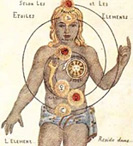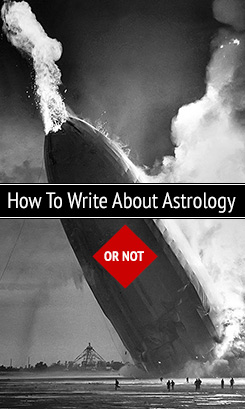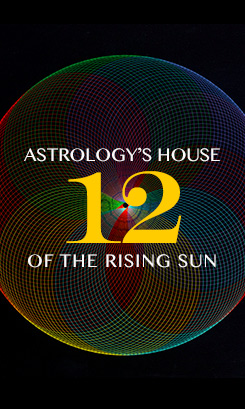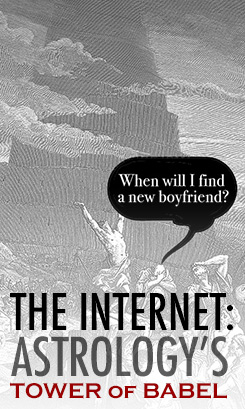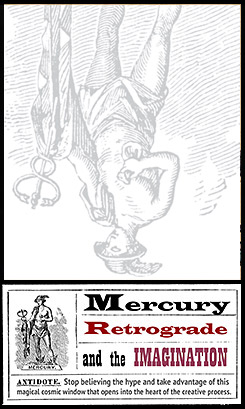The Grammys: Porn Yes. Protest No.

Like I’ve done every year since I was a wee lad, I watched the Grammys last night. Which was more of a long slog through tepid, dish-watery music with lotsa nostalgia and female artists stirring hormones (shock!) to confirm their viability in the pop marketplace, which isn’t much of a vital music milieu anymore.
When a friend asked me at dinner recently to name my favorite albums from last year, I couldn’t think of any. Singles stood out, yes. But cohesive productions, works that normally qualify as an ‘album’? Not so much. There was engaging music, for certain, but it was found on obscure paths, from esoteric artists or labels or autodidact home studio aficionados. That New Zealand’s lovely Lorde won two awards last night was a nice compensation for the long train of tedium.
Gone are the days when a creation of genius, like Stevie Wonder‘s Innervisions, would command a pile of Grammys. Now it’s target group, marketing department-derived music that translates instantly into cash for the dinosaur labels. During her acceptance speech last night, some country artist thanked Mercury and I thought: Oh cool, she’s into astrology; but then recalled how that used to be a big label.
So, is it surprising that the big winners last night were robots? Artists that didn’t even speak but osmotically conveyed gratitude through other entities on stage. Very much the reverse of how Daft Punk comprised their album: by siphoning off the best melodies and riffs from previously established hits from Nile Rodgers, Giorgio Moroder and others. I enjoyed Daft Punk’s album, I have a copy, and it’s fun to put on when I’m cleaning the house and thinking about Donna Summer‘s Bad Girls — which I used to clean the house with. Back in the 80s.
Read more
The Roaring Engine of This Tremendous Time

“We are living in a demented world …
Everywhere there are doubts as to the solidity of our social structure, vague fears of the imminent future, a feeling that our civilization is on the way to ruin.
They are not merely the shapeless anxieties which beset us in the small hours of the night when the flame of life burns low. They are considered expectations founded on observation and judgment of an overwhelming multitude of facts.
How to avoid the recognition that almost all things which once seemed sacred and immutable have now become unsettled, truth and humanity, justice and reason?
We see forms of government no longer capable of functioning, production systems on the verge of collapse, social forces gone wild with power.
The roaring engine of this tremendous time seems to be heading for a breakdown.
But immediately the antithesis forces itself on our minds. Never has there been a time when men were so clearly conscious of their commanding duty to co-operate in the task of preserving and improving the world’s well being and human civilization.”
— Johan Huizinga
From In The Shadow of Tomorrow
Animate GIF by ABVH from an illustration by Alexis Diaz.
Still and Always We Want Waking

Why does death catch us by surprise, and why love?
We still and always want waking.
We should amass half dressed in long lines like tribesmen and shake gourds at each other, to wake up: instead we watch television and miss the show.
— Annie Dillard
Installation by Eva and Franco Mattes (aka 0100101110101101.ORG)
Can You Hear Me Now?
Watching the NSA/PRISM surveillance scandal unravel is disconcerting on a score of different of fronts. The most salient, as the Pentagon Papers’ papa Daniel Ellsberg puts it, is the “possibility to roll back a key part of what has amounted to an ‘executive coup’ against the US constitution.”
“Possibilities” like this also crop unsavory mushrooms, like Congress’s own Lollypop Kid, Rand Paul, co-opting the fracas to rally support for his presidential bid in 2016. One disaster begets another.
With an eruption of this magnitude in the global theater (OMG, even China’s databases have been mined) and given the omnipresence of online bobble heads — logorrheic pundits, Armageddonites and wannabe journalists, it’s wise — just like the NSA — to sift your information discreetly. What (and how much data) should you pay attention to?
But first, consider how we gorged on data shortly after 9/11 — and what little good that yielded. Meaning, no matter the quantity, it was impossible to escape our primitive desire for Old Testament style vengeance. Lots of information doesn’t necessarily soothe the primitive instincts.
By not disciplining our reptilian brain, we were, simply put, distracted into a war with Iraq. Today we blame President Bush, but societies always have the king or simpleton that best mirrors their collective mindset. Or as Joseph de Maistre put it: “Every country has the government it deserves.”
There was very little ‘presence of mind’ after 9/11 but lots of aping. We all took on the habit of borrowing opinions from experts to weave together a narrative that made sense, made us feel safe — or vindicated. And so began the great divide between tree houses. The Fox and the Peacock. The red and the blue. The Hatfield and the McCoy’s. The underpinnings on the dumbing of America.
The New Yorker‘s George Packer described this post-9/11 dementia as: “Too much information and not enough understanding of power: globalization and violence merged to create a particular kind of psychosis, with well-founded fears and judgments warped into paranoia and hallucination by nonstop media saturation.”
The weeks after 9/11 were charged with an otherworldly sensitivity. It’s true, people were kinder to one another in the subway, kinder to themselves. But shortly thereafter an eerie, robotic re-engagement kicked in. To be disconnected from the agitated hive-mind felt unsafe (“Honey, what’s the color of today’s Terror Alert?”)
To heal as a nation we were instructed to “shop more”. I remember talking to friends in Germany — a revelation. Europeans considered us with disbelief — and then confirmation (Americans were not only obnoxious, but ignorant too!) How could we be so naive? So self-absorbed with the current version of our Manifest Destiny (the American Dream) — that we’d no connection to the historical and global implications of our pursuits, ideologies and childlike trust in fools?
I mention 9/11 because, well, origin, how the tale began, is good to throw into to the NSA/PRISM whirlpool. Post 9/11, cryptologic storehouses like the NSA (humorously dubbed by insiders as: No Such Agency) were shored and granted carte blanche under the Bush/Cheney congress and its comfy-sounding Homeland Security rubric (a term George Orwell would have envied). To continue shopping at Wal*Mart was critical, and to have that sort of post-shock nonchalance meant surrendering our privacy. But more important was the notion to not look back, not to scrutinize how the big suck would be implemented.
If you put all of the above together — civilian surveillance, hypnotic info glut, media manipulation/distraction — and push it through an astrological funnel, you’ll land in the center of the United States’ natal Mercury Pluto opposition. The lone opposition in the USA’s birth chart, the very spine that all of the various planetary relationships that comprise a chart teeter. Read more
The Insipidness of Inception. A Crime Against Art
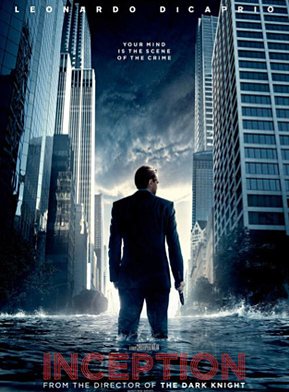
Watching director Christopher Nolan’s new film Inception reminded me of the golden years of disco, when everyone was coked out of their minds — especially film makers — and thought every whim or tiny particle of an original thought was pure genius: “Oh, oh — and then we’ll have the arrondissements of Paris rise up into the air and turn in on themselves — accompanied by a cranking sound! Oh, dude, love it. You’re fucking brilliant!). As critic Stephanie Zacherak noted in her scathing review: “Wouldn’t it have been easier just to make a movie?”
The discursive, manic pace and ridiculous dialogue in Inception was another coke-mania-like reminder for me. Throughout, I regretted bringing my Night Guard to the theater, that device I sometimes wear to bed to prevent grinding my teeth. In fact, if I heard the word ‘subconscious’ uttered One. More. Time. — a term for the unconscious that even the Theosophists threw out when Blavatsky died — I was going to fire off a self-induced aneurysm.
Truth be told, I’m not really a fan of Nolan’s oeuvre. I got up and left in the middle of Dark Knight, so weary I was of meaningless explosions, the thudding score and the creepy sound of Christian Bale’s fake lower register whisper (again, reminding me of another golden years of disco moment: the rising popularity of porn and the way guys were supposed to sound who were portraying ‘sexy.’)
But my biggest objection to Inception is — surprise — related to symbolism. And its rape. Read more
Joni Mitchell’s Sex Kills
I pulled up behind a Cadillac
We were waiting for the light
And I took a look at his license plate
It said, “Just Ice.”
Is justice just ice?
Governed by greed and lust?
Just the strong doing what they can
And the weak suffering what they must?






